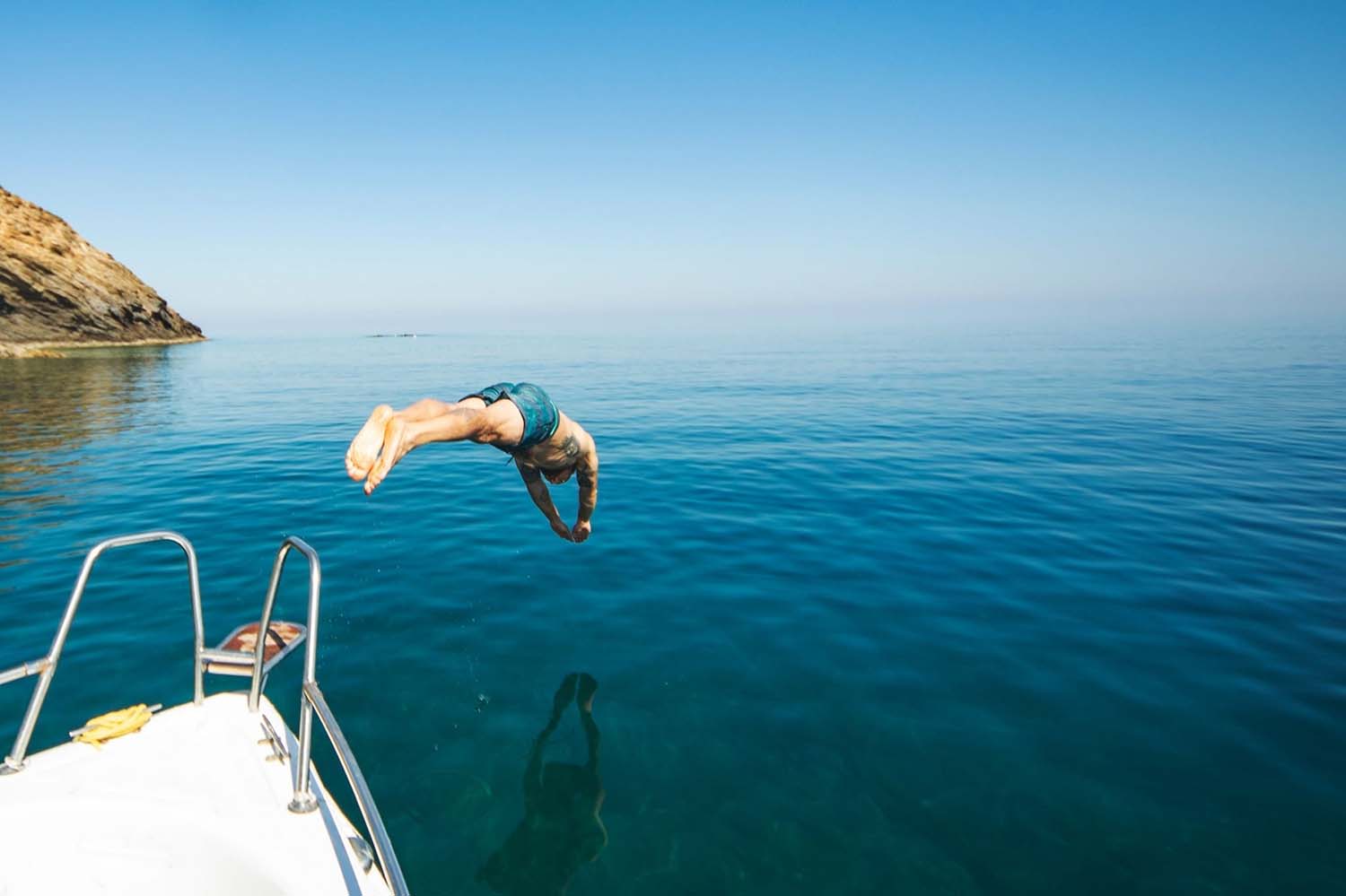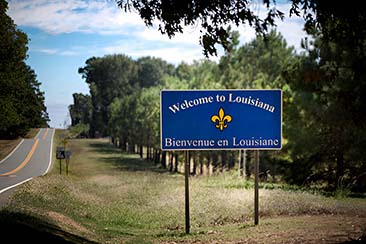If you’re used to sailing with the aid of a skipper, your first foray into the waters without one can be daunting. But if you follow these five safety tips for your first bareboat yacht charter, you’ll be fine. So brush up on the top sailing safety guidelines, because a world of sailing adventure awaits you.
Select A Reputable Charter Company
A bareboat charter means that you’ll be sailing without the services of a skipper/crew. It also means that you’ll be responsible for your safety. If you are not competent to pilot a yacht, rather choose a skippered charter.
But, if you decide to set out on your own, only charter a yacht or other seagoing vessel from a reputable charter company
Doing so will ensure that you receive a boat that is seaworthy and well-maintained with all the necessary safety gear on board. You’ll also have the peace of mind you need before starting your ocean adventure.

Be Sure You Have The Right Credentials
Certain vessels and waters will not require a certificate of competence. But most do. And you’ll need a captain’s license to sail around the world. Establish what you need before chartering a yacht and ensure you have all the necessary certifications.
Even if you do, it’s best to stick to local waters that you are familiar with for your first few trips. Although it may be tempting to jump in at the deep end upon gaining certifications, sailing is about more than just meeting the bare requirements.
Nothing beats experience. Get yours where you feel most comfortable.
Check The Weather Forecasts
A good sailor understands that the weather can change very quickly, making sailing and navigation difficult. Always check the weather forecasts first when planning your yacht charter.
Also, check the sailing conditions in your destination of choice. Some places are better for new sailors than others.
If you’re caught in bad weather, don’t attempt to swim ashore. Your chances of survival are much better if you stay with the boat. Send out a distress call if in danger, and stay aboard the vessel, unless it is more dangerous for you to do so. It will make it easier to find you in a rescue operation.
Many sailing disasters could have been averted if weather warnings had been heeded. Use a reliable sailing weather forecast site, designed for sailors. You’ll get a 7-day forecast for weather, wind, and wave conditions, great for sailing and watersports.
Familiarise Yourself With Safety Equipment
If you book through a reputable yacht charter company, there will be safety equipment onboard. But it’s not enough to know that there’s safety gear if you don’t know what they are or how to use them.
All sailors should carry life jackets and personal flotation devices (PFD), one for each person on board. Put this on before setting sail, and wear it at all times while sailing. You may not have an opportunity to put it on if you get into a dangerous situation on the water.
Check that there is a fire extinguisher on board and that you know how to operate one. Flares, too, should be on board. But these can expire, so that’s one of the first things you need to check.
If you are a novice and unfamiliar with these items, get to know them before setting sail. It could mean the difference between an unforgettable sailing vacation and one you’d rather forget.

Don’t Deviate From The Plan
We know you’re probably earnestly preparing for your very own Caribbean cruise. But things can change quickly out there on the water. A rescue mission, if necessary, would be significantly hampered if you changed your plans at the last minute without informing anyone.
If your friends and family back home are expecting you to be sailing in a particular area, don’t deviate from the plan without warning them.
Know Your Protocols
Nature is an untamed force and should be respected. Even seasoned sailors can (and often do) get caught unaware in treacherous waters. And adverse weather and stormy sailing conditions are not the only issues that may arise.
Medical emergencies can occur out on the water just as easily and unexpectedly as they do on land. Irrespective of whether you have a sailing or medical emergency, a mayday call will alert the coastguard to send help.
You can send this call for help with a marine-band VHF-FM radio Channel. If you’re a beginner, ensure that you are up to speed with safety protocols and emergency contacts. Test your radio channel before you leave to test that it is working.
If a problem should arise and you need to call for help, state “mayday” three times, followed by your vessel’s name and position. Then give as much information as quickly as possible, remaining calm and speaking clearly.
Avoid Alcohol When Sailing
If you’re sailing with friends and preparing for a yacht party, remember that alcohol can impair your judgment.
Not only will you be less likely to make clear decisions, but your ability to pilot a boat will also decrease. Your balance and coordination and even your depth perception will be impaired, as well as peripheral and night vision.
Some states will impose a criminal fine for piloting a boat while intoxicated, especially if you have endangered the lives of other passengers. So if you’re planning to have a good time on a bareboat charter yacht, be responsible and stick to the non-alcoholic stuff.








